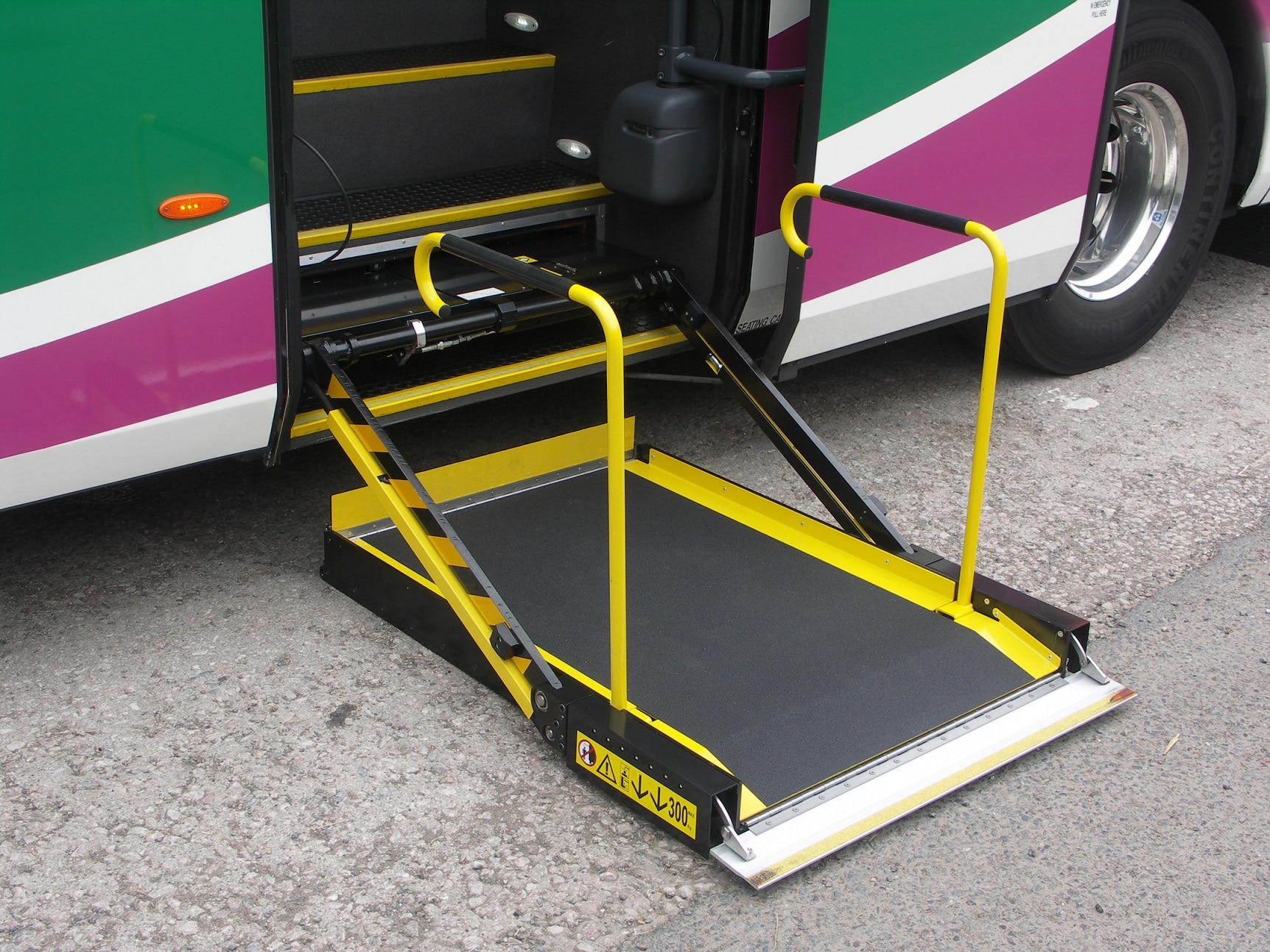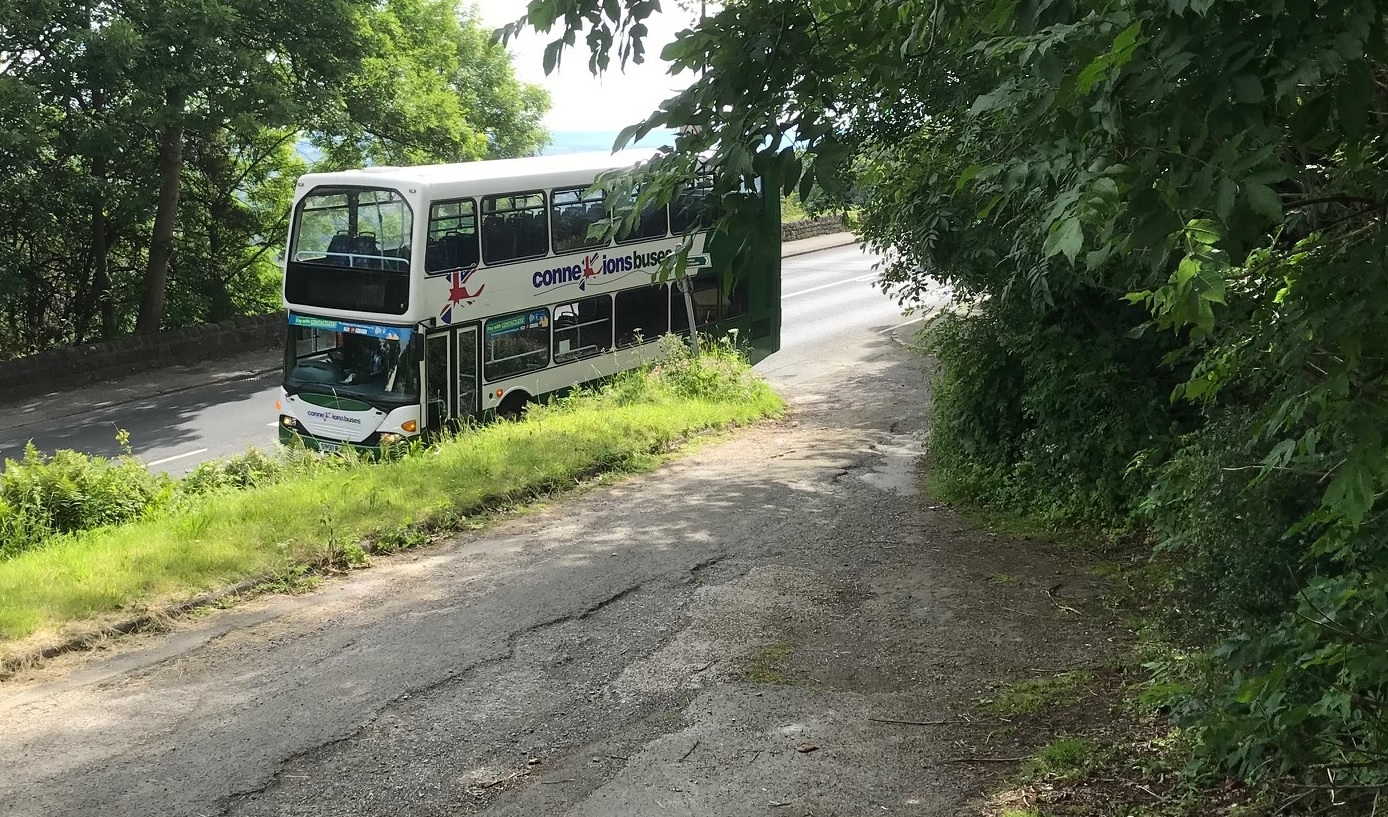Clarity on how PSVAR exemptions will apply from April 2022 is required “quickly” if the coach sector is to plan for them effectively, a trade body has said.
RHA Operations Manager – Coach Sector Andy Warrender notes that two months have passed since Under-Secretary of State for Transport Baroness Vere outlined the likely steps that the Department for Transport will take to increase compliance on coaches.
Mr Warrender adds that little progress has been made since then in defining any concrete way ahead regarding the contents of Lady Vere’s letter, or on the impending review of PSVAR that was announced in March as part of the National Bus Strategy for England.
Lady Vere suggested that “medium term exemptions” from PSVAR for in scope home-to-school and rail replacement services will be awarded from 1 April 2022, but that they will apply only to Schedule 1 of the Regulations, which governs wheelchair access. Elements of PSVAR under Schedule 3 will likely be required on those services from then, unless they “cannot be reasonably complied with in the time available.”
‘We want certainty on next steps for PSVAR exemptions’
Lady Vere’s letter was sent on 6 July. RHA points out that if modifications to vehicles that are used on the services concerned are required to be carried out by 1 April 2022, the time during which that work can be done is quickly ticking away.
“We want some certainty, and we want it quickly,” says Mr Warrender. Trade bodies have been consulted on what the priorities within Schedule 3 should be and he adds that there is unlikely to be much discrepancy between the position that each has adopted.
That aside, the ability to modify coaches is further influenced by potential pressures within the supply chain. Provision of destination display units – if they are required – is a particular point of concern.
Little time left if Schedule 3 modifications needed
“It is disappointing that in the two months since Lady Vere’s letter we don’t seem to have made a lot of progress,” he continues. “If an operator needs to modify vehicles [by April 2022] that does not leave a lot of time, particularly as until then they will all be in service. There is no major break when those coaches will be off the road, apart from Christmas.”
Uncertainty over whether medium-term exemptions will mandate the need for destination displays is a complication, he notes. The global shortage of microchips could be a factor in equipment availability but lead times for such units already need to be considered.
Progress on opening the review of PSVAR is also proceeding slowly, says Mr Warrender. A concern is that its recommendations will leave a disconnect between the current iteration of the Regulations and an eventual long-term position based on those conclusions.
“I would be concerned that items may potentially be fitted to coaches that ultimately are not required,” he adds. Any change that brings into scope duties that are currently outside the Regulations – which Lady Vere intimated in July could be the eventual position – would invoke other considerations in sourcing sufficient compliant vehicles for home-to-school services that presently sit beyond the scope of PSVAR, even if a long-term transition was adopted.
Journey should be focus of PSVAR exemptions, RHA reiterates
RHA has, alongside the Confederation of Passenger Transport and the UK Coach Operators Association, floated proposals around a permanent solution to PSVAR in the coach industry. RHA’s submission centres on delivering accessibility for a journey rather than majoring on vehicles. It believes that such an approach complies with the Equality Act.
However, a possible wholesale transition to PSVAR compliance must be viewed alongside aspirations for the sector’s zero emission transition, Mr Warrender believes. Installation of the required equipment adds up to 400kg to a coach’s unladen weight. That impacts the scope for vehicles to transition away from diesel, particularly where battery-electric is concerned.
While it is likely that the coach sector will follow the direction of HGV decarbonisation in the long term, feedback from operators is that they are cautious over how that will fit with their businesses.
“Going forward, if we are looking at batteries, that will lead to additional [energy storage] capacity being required to power the lift. That eats into the viability of battery-electric power; there is a green dividend to be gained from achieving what is desirable for the end user, but without having to do it for every vehicle.”



























